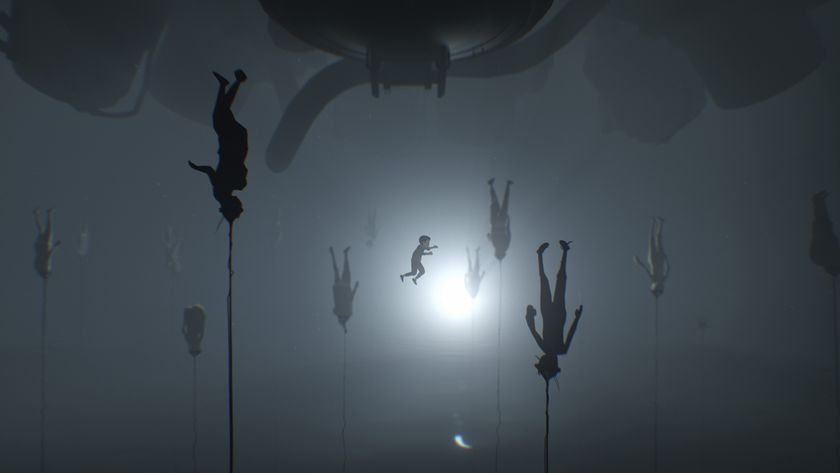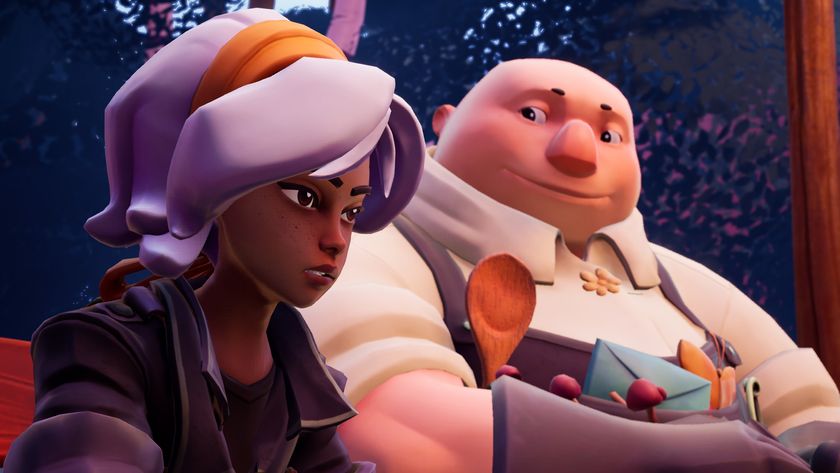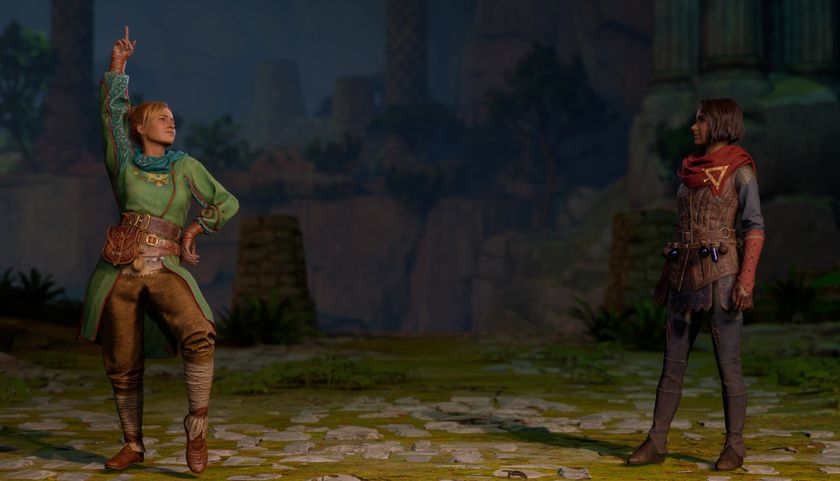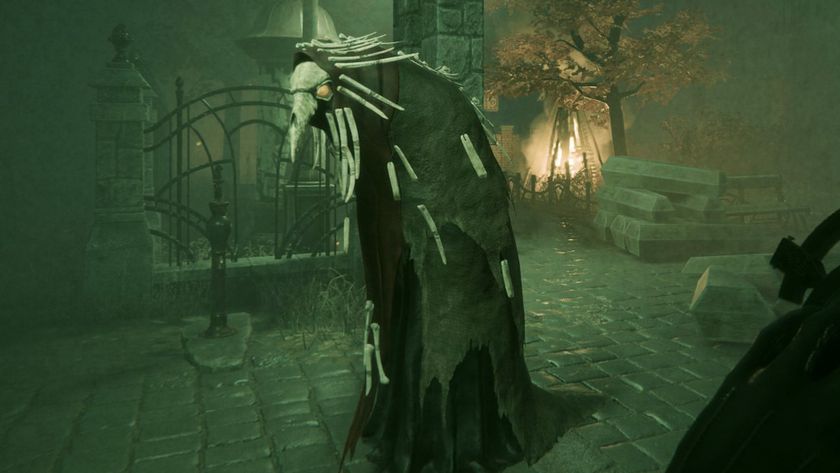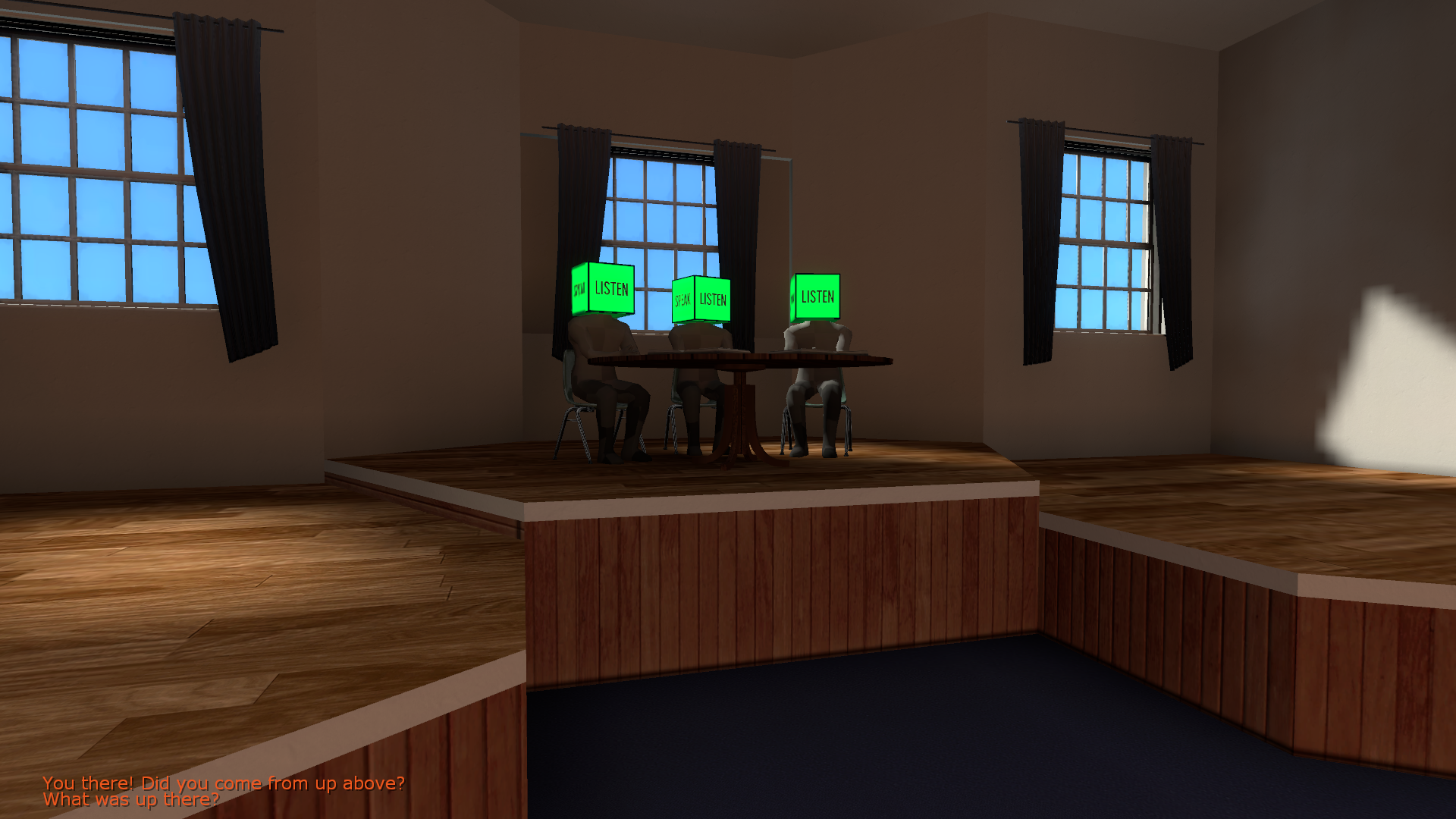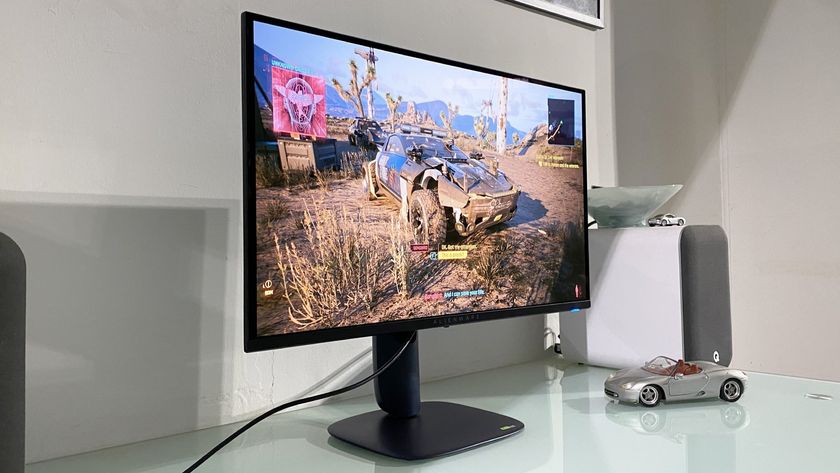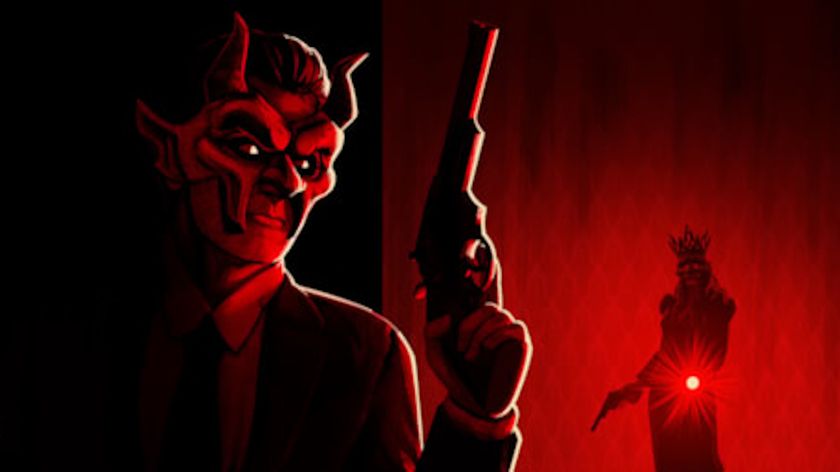Our Verdict
A peculiar experience thats personal, sincere, and full of questions to unpack, though it asks them far too bluntly.
PC Gamer's got your back
What is it? Creator Davey Wreden narrates a look at an apparently troubled friend's game design experiments.
Expect to pay: $10/£7
Developer: Everything Unlimited Ltd.
Publisher: Everything Unlimited Ltd.
Reviewed on: Intel i7 @ 3.47GHz, 12GB RAM, Radeon R7 260X
Link: thebeginnersgui.de
The Beginner’s Guide, Davey Wreden’s followup to 2013’s The Stanley Parable, is most outwardly about the relationship between game creator and game player. Wreden even offers his email address at the beginning so you can tell him what you think. He’s going to get some colorful notes, I’m sure.
It’s a very personal expression—a diary, almost—which some in the Steam reviews interpret as self-absorption (or, more bluntly, “San Francisco hipster bullshit”). I don’t. I like that Wreden is sincerely exploring his own creative struggles, and I especially like that he’s made something even more peculiar than The Stanley Parable, even if it isn’t nearly as successful. The only thing the two games really share (aside from being the sort of 'not a game' games that draw so much ire) is an unconventional narrator.
In The Beginner’s Guide, Wreden, as himself, narrates a tour of experimental Source engine games ostensibly made by his friend, Coda. That’s the first quirk: Wreden is talking to us, not to a character. It’s like a documentary, but it feels illicit—we’re experiencing someone’s personal projects, a collection that was never meant to be shared. The first few games are convincingly the plain work of a beginner, but Wreden finds exciting creativity and mystery in each as he tries to decode Coda’s thoughts. It’s enchantingly genuine. I thought of my own folders of false starts and documents called ‘story.txt’ and ‘test.png.’
The first project is a slightly-odd Counter-Strike level, and then we visit a shooter with no enemies, and onward to iterations of a strange prison and experiments with dialogue. Sometimes Wreden has to activate a cheat he inserted to advance the game, as several are designed not to be played. One, for instance, would have required us to wait an hour for a door to open.

Snooping sim
The games are about walking and listening to Wreden talk and little more, which is interesting enough for about half of the roughly 90-minute experience. Just buying into the concept that these are someone else’s games, and we’re going to prowl through all of them for clues about what’s going on in their head, is exciting. But as the games become more complex and more explicit about their meaning, Coda loses his charm. The fiction that he, and not Wreden, created these vignettes starts to crack as I notice Wreden’s own voice in them, and whether or not that's intentional, they just aren't very good. The curious, mostly wordless poems of the beginning become frustrated diary entries. They feel like parodies of artsy games, but not funny ones.
It’s disappointing. I was looking forward to seeing what strange, subversive games Wreden could come up with—the whole conceit of The Beginner’s Guide lets him make unplayable things we’d never see otherwise—but the cleverness is lost to serve the story. I’m willing to expand the meaning of interactivity in games to include interpretation that I experience internally, and Her Story did that in a really interesting way, but there’s not much to interpret here. The metaphors are blunt—a social anxiety theater, a literal creative machine—and Wreden’s narration becomes overbearing and utterly on the nose.
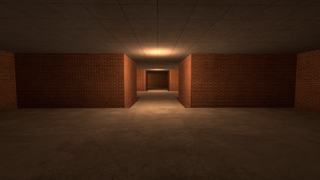
But The Beginner’s Guide doesn’t indulge for long, ending before I could start feeling too nostalgic for its beginning, and before its melodrama became unendurable. And there's plenty to talk about, because even though it’s not at all subtle about its themes, there’s such a great jumble of them that they can be puzzled together into plenty of interpretations. It can be about depression and isolation, how art and fear are inextricable, the debate over authorial intention, how we compromise our work for external validation, or, at the very surface, the pressure Wreden felt to deliver another hit game after The Stanley Parable. If the latter is what you take away, I doubt you’ll like it much, because then it’s just another artist who follows up a hit with musings on the creative process. It’s the album after the breakout album that's all about how hard it is to make more songs that everyone likes.
I don't really mind the musing, and when I ignore some of the plot turns and obvious metaphors, I appreciate how The Beginner’s Guide expresses the impossible frustration of trying to understand depression in ourselves and others, and the errors we commit in trying to ‘fix’ it. That’s what I took away, and while it’s heavy-handed, Wreden’s candidness is really appealing at times. But I mainly recommend The Beginner's Guide for the experience of playing an experiment—a conceptually adventurous way to tell a story that doesn’t really succeed, but is enjoyable for its commitment to being new. If it brings you to tears, which many say it has, then there's a bonus.

Glitches and unfinished bits of world are all part of the experience.

I especially related to the way Coda gets stuck on a prison idea, iterating again and again.

Coda has a lot to say in his games, but it's not all that insightful.

The more dialogue Coda adds, the more his mystique fades.
A peculiar experience thats personal, sincere, and full of questions to unpack, though it asks them far too bluntly.

Tyler grew up in Silicon Valley during the '80s and '90s, playing games like Zork and Arkanoid on early PCs. He was later captivated by Myst, SimCity, Civilization, Command & Conquer, all the shooters they call "boomer shooters" now, and PS1 classic Bushido Blade (that's right: he had Bleem!). Tyler joined PC Gamer in 2011, and today he's focused on the site's news coverage. His hobbies include amateur boxing and adding to his 1,200-plus hours in Rocket League.
